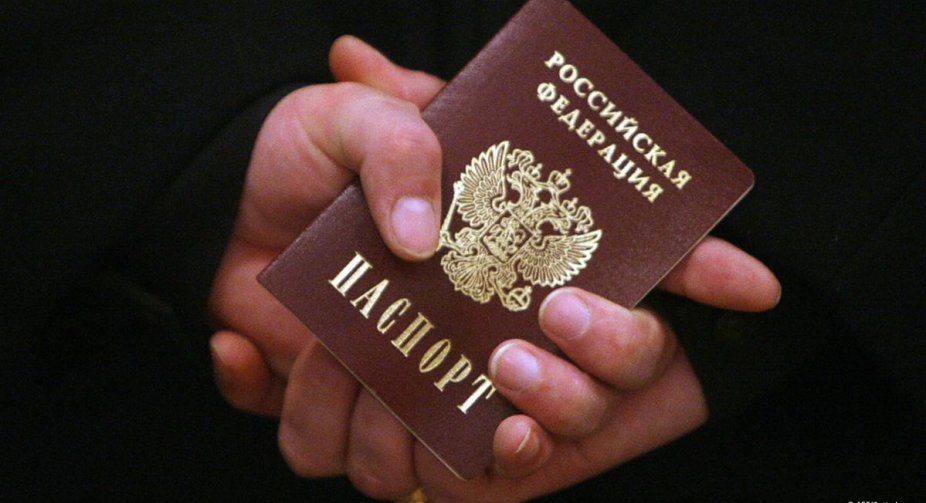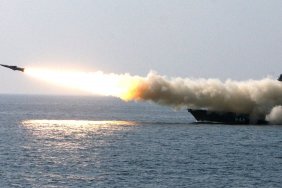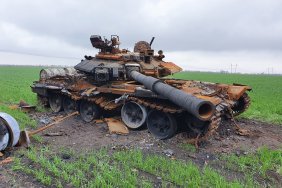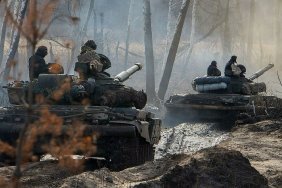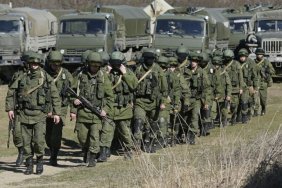Since the beginning of Russia's invasion of Ukraine, Russian civil servants and employees have increasingly strict restrictions on traveling abroad.
This is stated in the intelligence review of the Ministry of Defense of Great Britain.
As noted, given these restrictions, some officials may have been forced to surrender their passports to the Federal Security Service.
"Employees close to the center of power face tighter restrictions; Kremlin officials are barred from any international vacation travel," the review said.
It is about the expansion of existing measures that have been taking place since Soviet times. At the same time, travel restrictions were tightened after the Russian annexation of Crimea in 2014.
"These measures are probably designed to prevent the escape or desertion of increasingly disgruntled officials," British intelligence believes.
"There is a real possibility that as the Russian state continues to focus on security, entry restrictions will increase for an increasing number of public sector workers," the review said.
Earlier, British intelligence noted that Moscow and St. Petersburg remain relatively unscathed in relation to Russian losses in the war against Ukraine, in the future the isolation of the most wealthy from the war will remain the main issue.
